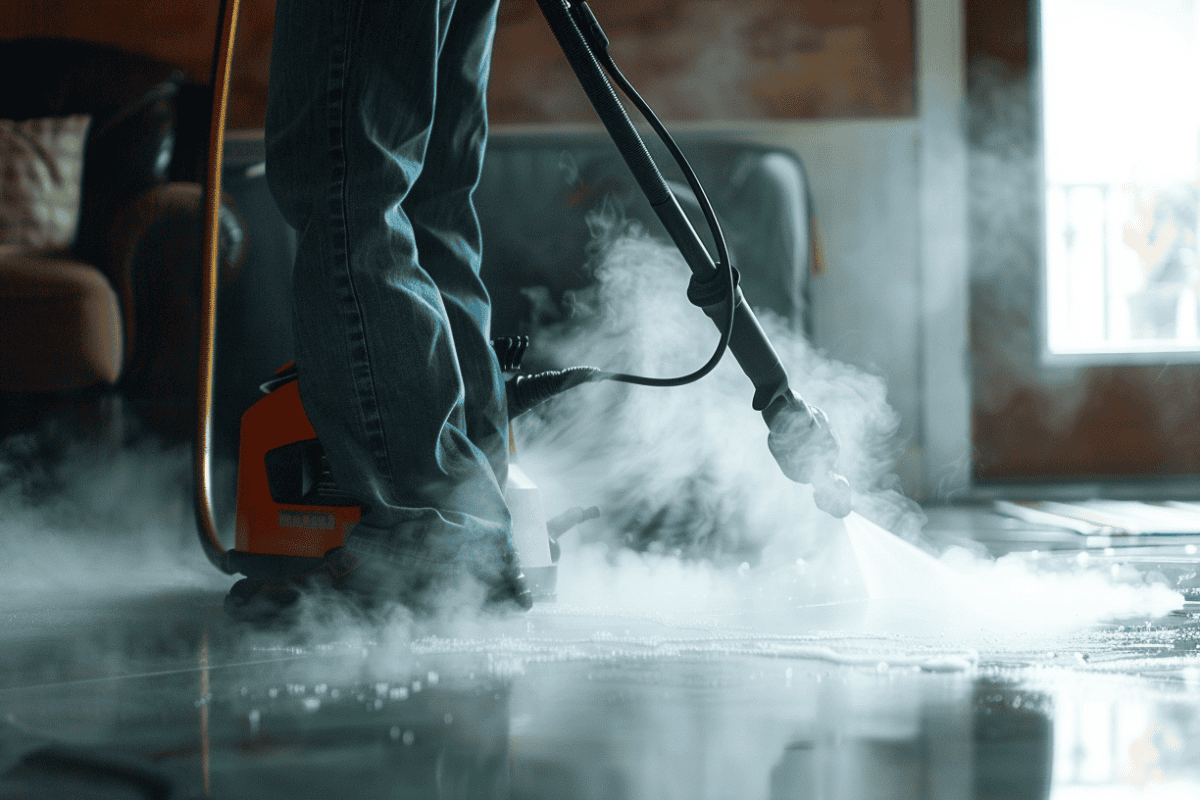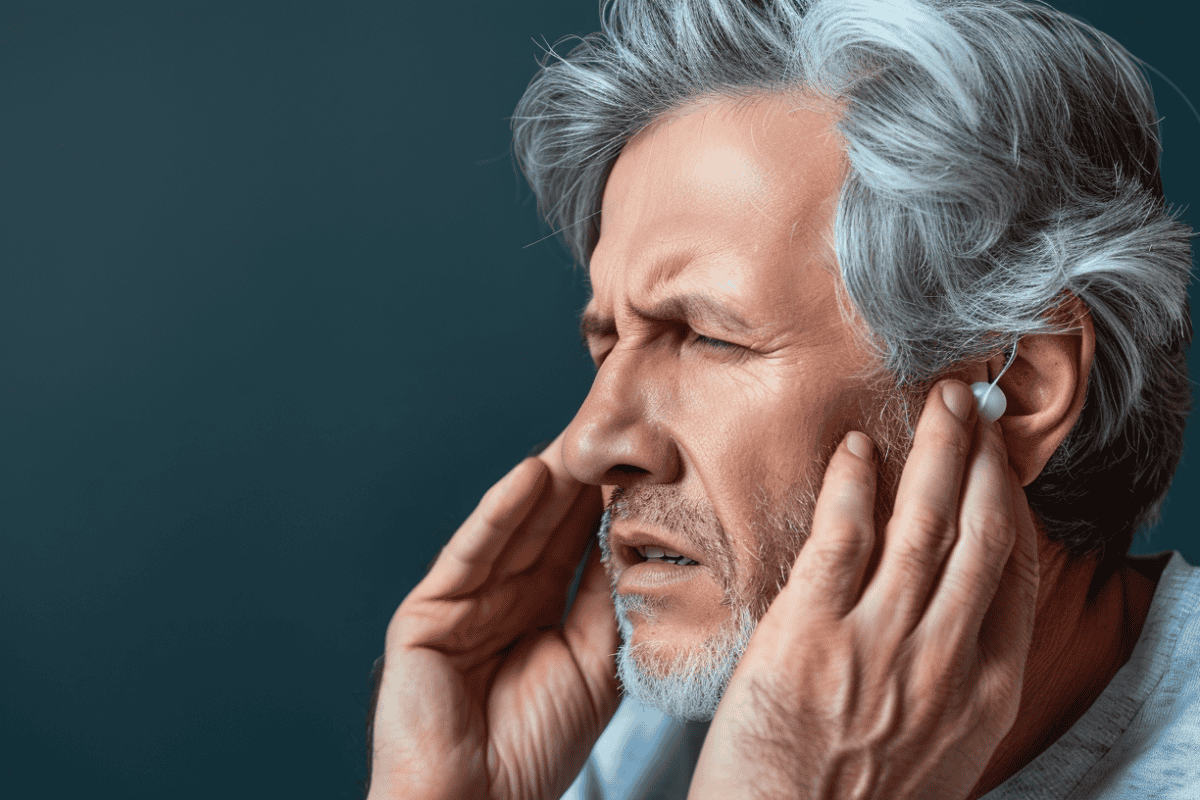Have you ever wondered how it feels like to withdraw from alcohol consumption?
Whether you are an alcohol consumer considering sobriety or just curious about the withdrawal process, you are not alone. Alcohol withdrawal occurs when a heavy drinker suddenly stops consuming alcohol.
Symptoms of alcohol withdrawal can be very intense. Knowing how it feels when you put down the bottle is critical when you decide to become sober.
If you or someone you love suffers from alcohol addiction and may want to embrace sobriety, visit this rehab in Arizona to receive professional assistance.
Alcohol Withdrawal
Prolonged alcohol use alters your neurotransmitter systems. It causes adaptive changes, which dampen your brain’s activity. These changes lead to the development of alcohol dependence, making it extremely hard to quit drinking.
When you suddenly stop drinking alcohol, your body undergoes a period of hyperexcitability and neuroadaptation, which leads to the manifestation of physical and psychological symptoms, including:
- Anxiety
- Tremors and seizures
- Agitation
- Insomnia
- Increased blood pressure
The conditions can either be mild or severe. We always urge you to seek guidance from a professional to help manage severe symptoms caused by withdrawal.
Withdrawal Timeline
The withdrawal process begins from the first hour you put the bottle down. The severity of the symptoms may vary for different people depending on the amount and duration they consume alcohol.
Here is the general timeline:
Hour 1-6
Yes, mild symptoms start as early as 6 hours after you stop drinking. Some of the mild symptoms you will experience in the first 6 hours include;
- Headaches
- Sweating
- Nausea
- Increased heart rate
Day 1 – 2
Here you have already achieved around 12 hours sober. You will start experiencing severe symptoms such as:
- Tremors
- Nausea and vomiting
- Anxiety
- Mood swings
Some patients may experience more severe symptoms, such as hallucinations and seizures.
Day 3 – 5
Here you are, already a couple of days sober. And as a matter of fact, some symptoms begin to improve but might still be uncomfortable for you. Physical symptoms may start to decrease. These are the tremors and sweating.
On the other hand, you will still experience persistent psychological symptoms. Some patients may also experience Delirium Tremens (DTs), which causes delusions. Patients that may experience DTs may have symptoms such as:
- Confusion
- High heart rate
- Fever
- Heavy sweating
Day 7 and Beyond
We have already made it to week 1. Very doable.
Here most physical symptoms have subsided. You may experience anxiety and depression for weeks and sometimes even months.
A smaller percentage of patients may still experience post-acute withdrawal symptoms. Post-acute symptoms include:
- Short concentration spans
- Memory loss
- Insomnia
Alcohol withdrawal can be a very uncomfortable experience. Knowing the withdrawal process is essential in the recovery process. Symptoms may range from mild to severe, and it would be best if you follow a treatment plan from a facility with professionals who can ease withdrawal. If you or your loved one is experiencing severe symptoms, seek medical attention from a rehabilitation facility.
This is a sponsored post
Digital Health Buzz!
Digital Health Buzz! aims to be the destination of choice when it comes to what’s happening in the digital health world. We are not about news and views, but informative articles and thoughts to apply in your business.


